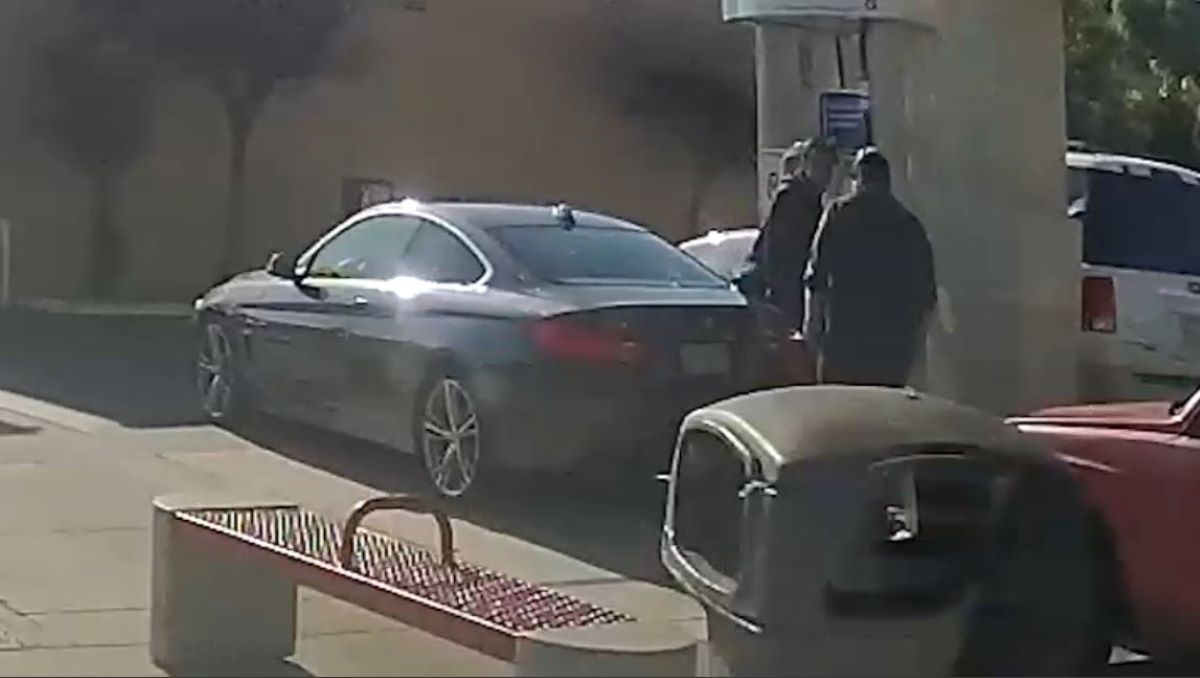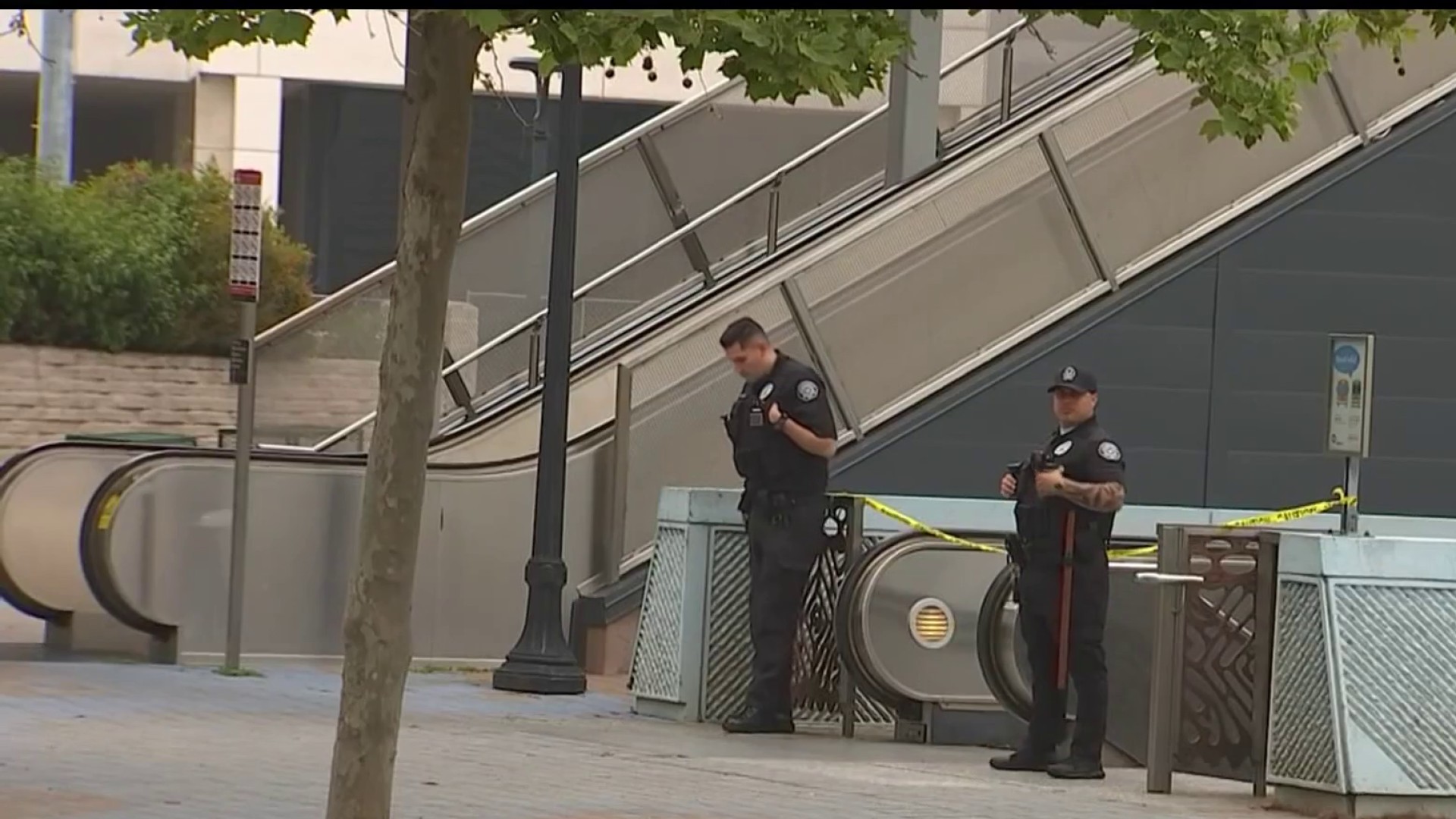The Los Angeles Police Department sought the city council’s approval Tuesday to acquire a four-legged robot that looks like a dog despite criticism that it would further erode the trust between police and the Black and Brown communities.
The Quadruped Unmanned Ground Vehicle (QUGV) would be reserved specifically for high-risk scenarios, such as active shootings, explosions, and natural disasters, according to an intradepartmental memo signed by LAPD Chief Michel Moore. The department also said the QUGV would shield officers from life-threatening calls such as hostage and barricade situations.
The robotic device was estimated to be more than $277,000, but it would not cost the city to acquire it as it would be a donation from the Los Angeles Police Foundation.
The organization said in a grant application that some 60 full-time SWAT officers would benefit from the robot, which would limit officers’ exposure to “violent encounters with armed suspects.”
Get Southern California news, weather forecasts and entertainment stories to your inbox. Sign up for NBC LA newsletters.
The LAPD also highlighted in the proposal that the robo-dog would not be equipped with any weapons system or facial recognition capabilities. The QUGV would not become part of routine patrols, according to the memo.
While the LA Police Foundation claimed the robot would limit the use of lethal force by officers, thus help the department gain more community trust, critics were largely worried about the potential misuse of the robot.
LA City Councilmember Councilmember Hugo Soto-Martínez, who had voted against the proposal on the public safety committee, expressed his opposition before the full council vote.
News
Top news of the day
Several residents submitted public statements in opposition to the robot dog.
"The QUGV will inevitably be used by the LAPD as another tool for control and intimidation that disproportionally criminalizes poor and minority people,” Eric Kaeo Rodriguez said in a public statement to the city council. “Adopting this technology will only serve to expand law enforcement’s grip on our civil rights and further diminish any hope for accountability."



